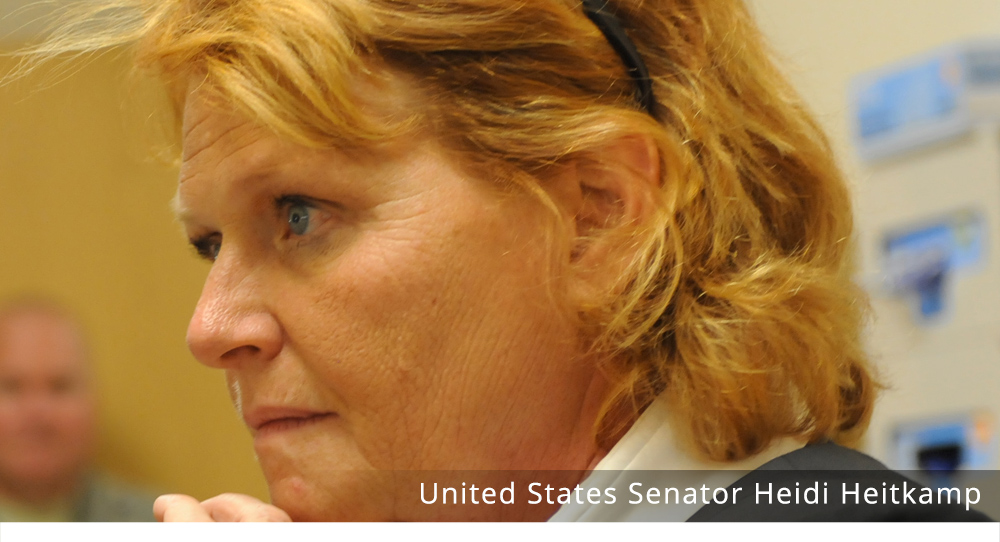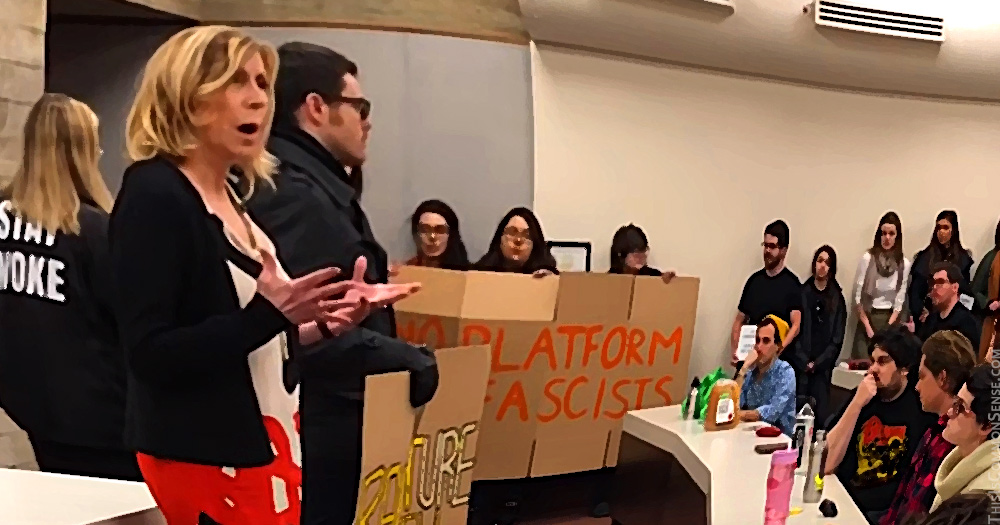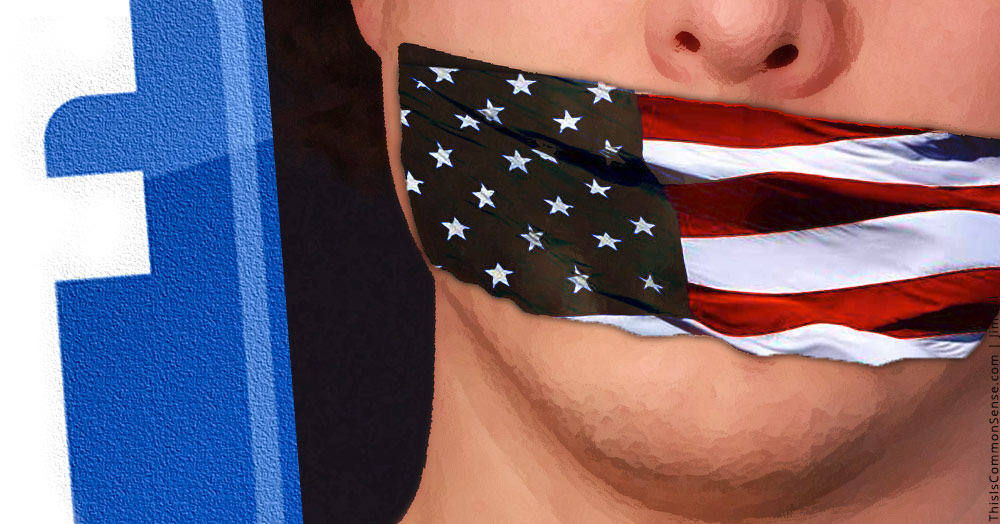Have Americans forgotten that freedom makes getting along easier?
We do not all have to like each other. We do not even all have to be nice to each other. We just don’t have license to hit or hornswoggle our fellows. Hate speech may be bad, but it is hate assaults — not talk — that should be punished by law.
Yes, free people are at liberty to insult each other, call each other nasty names, even demean each other. And those insulted, besmirched, and dissed may return in kind or shrug the negatives off.
But we needn’t let it go at that.
Bill Ottman, founder and CEO of Minds.com, reminds us that there is more than one way to skin a hate. When coming across vile nonsense and worse, “the most important question is how we deal with these situations,” he writes.
We may be able to find the answer in the work of Daryl Davis, a famous blues musician with a hobby of befriending members of the Ku Klux Klan. According to him: “Once the friendship blossoms, the klansmen realize that their hate may be misguided.” By having dinner with Klansmen, he has inspired over 200 members to give up their robes.
Ottman goes on to call for a concerted effort to reclaim a future for “internet freedom and human rights.” That’s a good idea.
Don’t accept the premise that, to get along, we must squelch speech. Instead, ignore disagreeable people trying to make us feel bad.
And look for ways to persuade those who hate us.
We can be adults about this. And keep freedom of speech.
This is Common Sense. I’m Paul Jacob.











